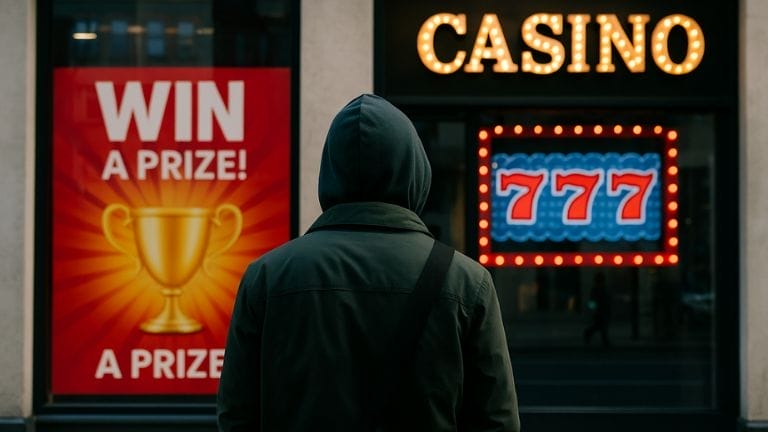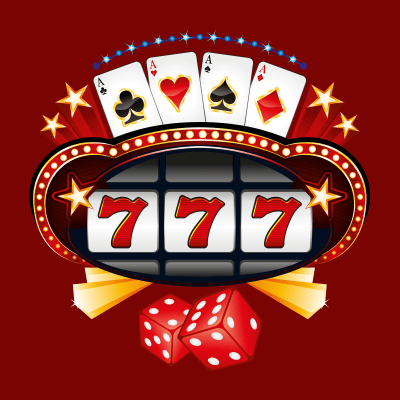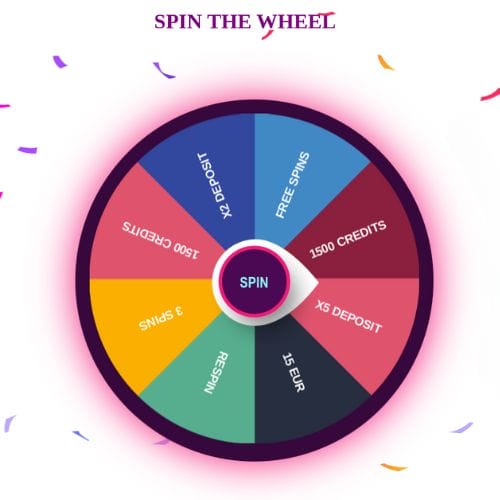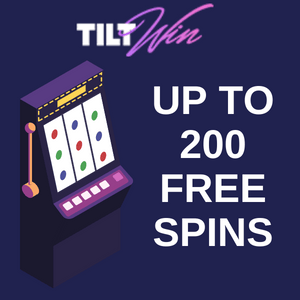New Zealanders meet the word “free” in many places, from supermarket prize draws to online giveaways and casino promotions that promise play without payment. Among those, useful reviews such as the one found on GamesHub become particularly relevant as they help readers see where real advantages lie, comparing trusted casinos and showing how well-designed offers can turn a simple incentive into something worthwhile. Yet, with so many options on the market, entertainment or other, claiming to give something for nothing, the mix of opportunity and uncertainty becomes hard to read. This sets the stage for a closer look at what “free” really means, and which type of promotion returns the most genuine value in practice.
How Traditional Giveaways Deliver Value
Understanding value begins with how “free” is defined. A promotion earns trust when entry rules are visible, prize details match reality, and delivery timeframes stay true. Costs must never hide within inflated prices, and eligibility should be clear before anyone enters. In New Zealand, these standards are reinforced by the Commerce Commission’s guidance on running competitions and promotions, which outlines how transparency and accuracy turn a promise into something real.
This principle is most visible in everyday giveaways. Store draws, brand contests, and loyalty campaigns are clear examples of free competitions—quick, low-commitment entries for tangible rewards. Participants see the prize, understand the process, and trust that winners will be announced openly. The fairness of these exchanges keeps them dependable even as new forms of digital promotion appear.
When rules are concise and rewards arrive without delay, free competitions show what genuine value feels like: an honest exchange where time and attention earn something visible in return.
The Casino Approach: Free Spins and Bonus Credits
Casino promotions aim for the same outcome but through a different design. Free spins or bonus credits grant access to selected games without an initial deposit. The offer typically sets a number of spins, a value per spin, and a list of eligible titles, so the boundaries are visible from the start.
Unlike free competitions, which involve waiting for a draw, free spins deliver outcomes immediately. That direct feedback shifts the focus from anticipation to experience, giving players a chance to see results in real time. The potential payout is modest and conditional, yet the immediacy of play provides a sense of control and momentum that appeals to many users.
Clarity remains the deciding factor. When wagering requirements, withdrawal limits, and expiry dates are explained in plain language, the promotion holds its promise. Well-run casinos make these conditions clear, allowing participants to decide whether they want a short burst of entertainment or a small, low-risk return.
Comparing the Real Value
Judging value requires more than looking at prizes. Every offer asks for attention, time, or a bit of personal information, and what comes back depends on how balanced that trade feels. Once that balance is visible, the word “free” turns from slogan into something measurable.
A few points reveal whether a promotion holds real worth:
- clarity of entry conditions and stated odds
- realistic redemption or withdrawal process
- proportion between information shared and reward received
- time required compared with the outcome delivered
Free competitions build their worth through openness: the process is public, the winners can be confirmed, and the results feel dependable. Free spins trade on immediacy, offering fast outcomes and the appeal of testing luck without risk. Each format satisfies a different expectation, certainty for one, discovery for the other, and both reveal how fairness defines lasting value.
What Smart Players and Shoppers Do
Awareness, not luck, determines how much value a person can draw from a free offer, because every promotion, whether a competition or a free spin, operates as an exchange between time, information, and the possibility of return. The balance of that exchange depends on how clearly the offer is explained and how responsibly the organiser treats what is shared. New Zealand’s data protection laws reinforce this idea by requiring organisations to justify why personal details are collected and to limit their use strictly to that purpose. When promotions meet that standard, the reward carries genuine worth rather than being reduced by hidden costs.
When that approach is applied, small wins stop feeling accidental and start feeling like smart gains. A competition with clear entry terms can cut the cost of a grocery shop, and a transparent free spin offer can turn spare minutes into a few extra dollars without any deposit. Treating both with the same expectation of fairness turns “free” from a promise into a practice that rewards attention instead of chance.





